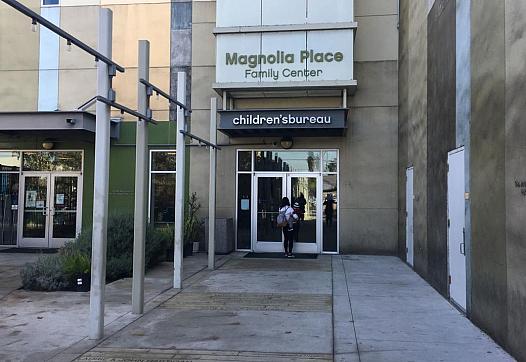
Perla Trevizo is a recipient of the University of Southern California Annenberg Center's Fund for Journalism on Child Well-being.
Other stories in this series can be found here.

Perla Trevizo is a recipient of the University of Southern California Annenberg Center's Fund for Journalism on Child Well-being.
Other stories in this series can be found here.
![[Photo: Jason Connolly/AFP/Getty Images]](/sites/default/files/styles/teaser_list_thumbnail_large/public/title_images/unnamed_161.jpg?itok=nYE-R2Sf)
Whether it's screening for developmental problems or catching adverse childhood experiences early, some doctors want to make the pediatrician's office a one-stop shop.
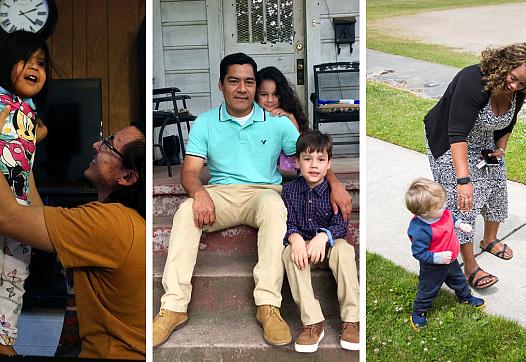
The Arizona Department of Child Safety received more than 9,000 reports regarding child safety from Pima County residents during fiscal year 2016. About 2,100 of those reports resulted in children being removed from homes.
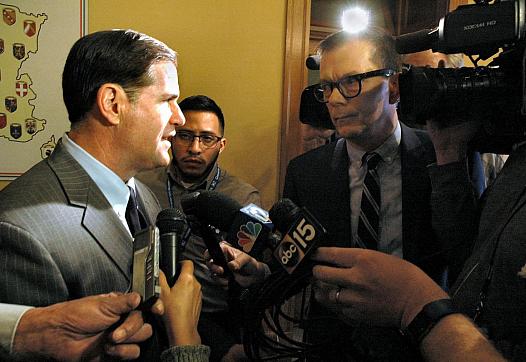
When it comes to preventing child abuse and neglect, and addressing family dysfunction, few issues are as critical as addiction.
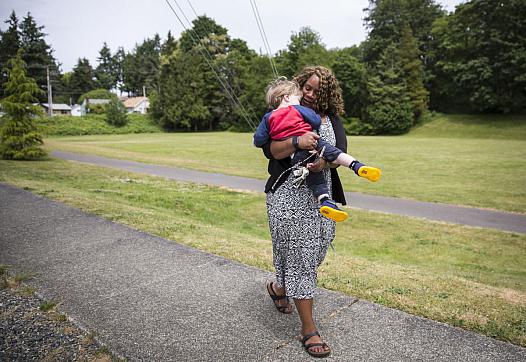
Children in troubled families are often destined for troubled lives — unless they get help before their brains become “hard-wired for stress.”
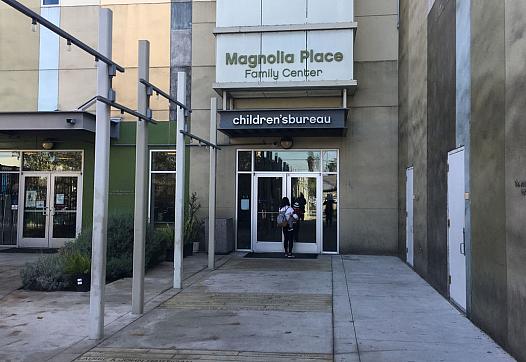
More collaboration could help Arizona families avoid crises and keep children out of foster care, local service providers say.
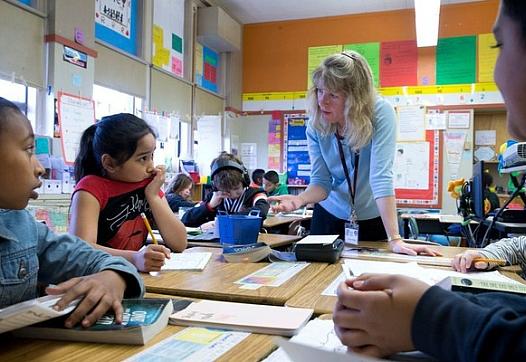
Portland's housing crisis is talked about constantly in City Hall as a public policy problem centered on where people live. But the city's failure to provide enough affordable housing is also an education problem.

Cristian Fernandez was propelled to international notoriety when he was just 12, when he fatally beat his 2-year-old brother. But, after seven years of incarceration, how does a 19-year-old begin to move on?
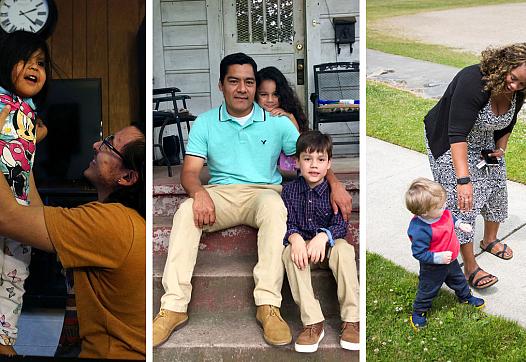
Fixing our foster care crisis” was made possible through major funding from the Community Foundation for Southern Arizona and additional support from the University of Southern California Annenberg Center's Fund for Journalism on Child Well-being.